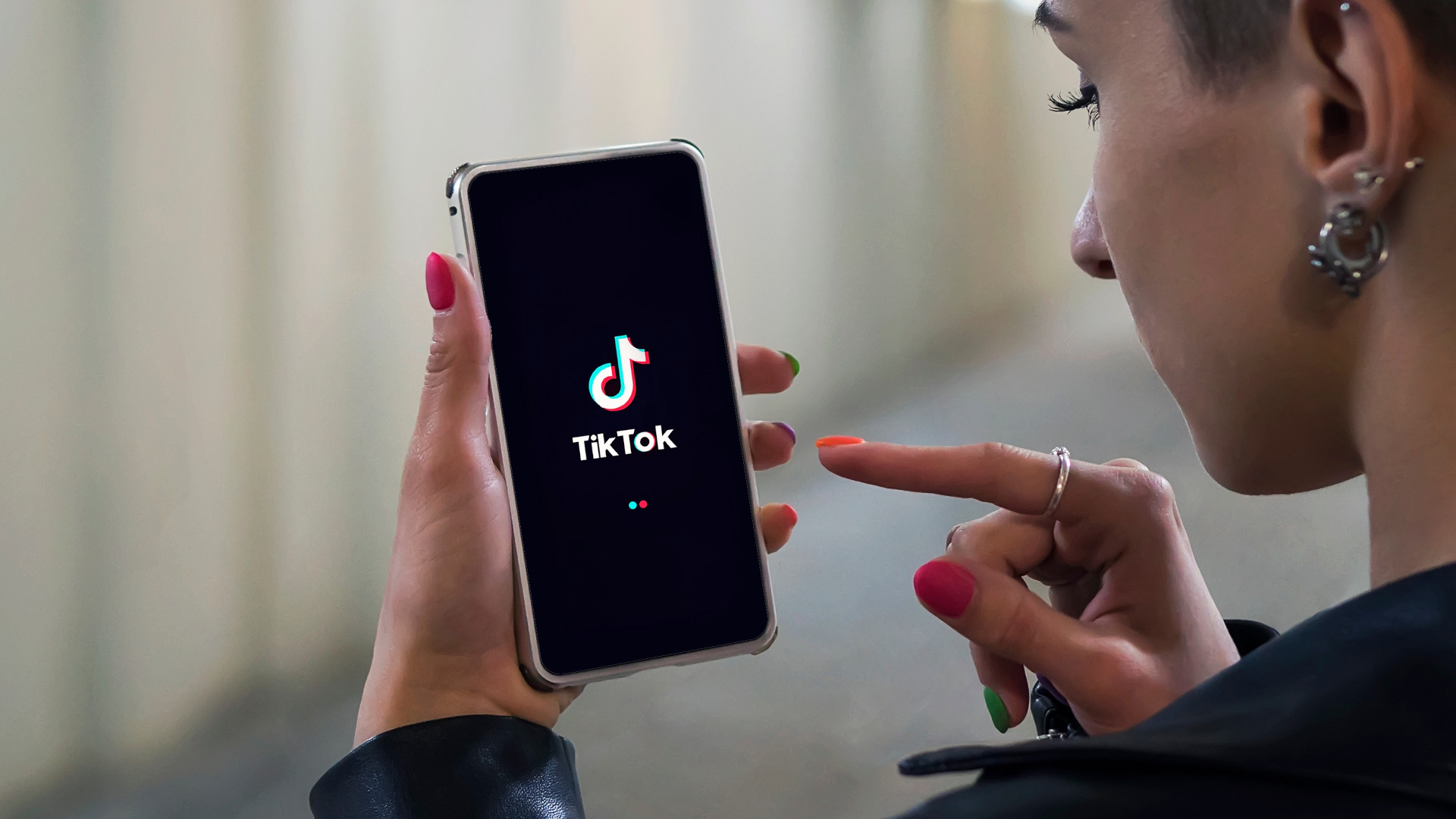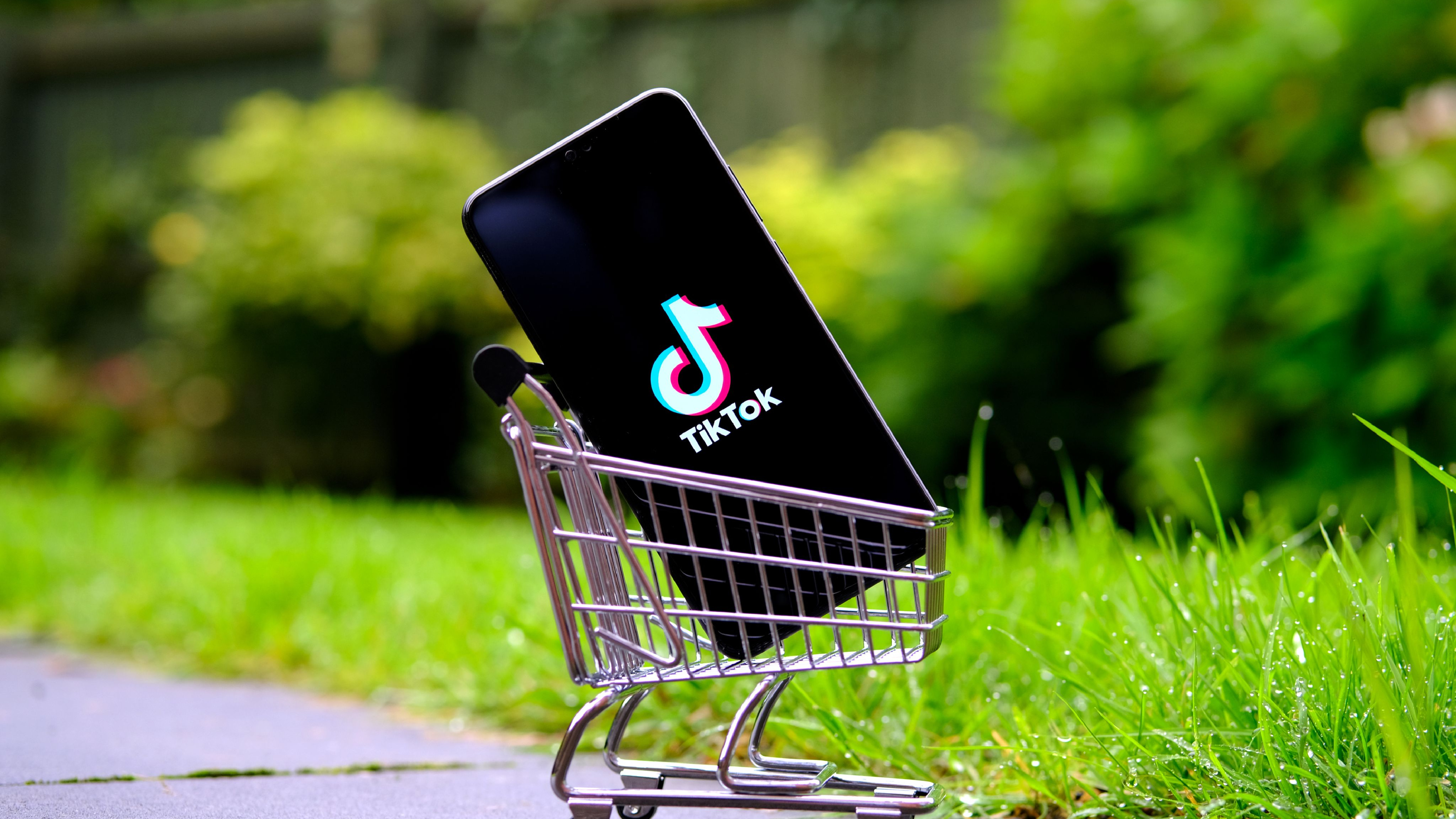White House sets deadline for purging TikTok from federal devices
Move comes as House Foreign Affairs Committee is set to vote on outright TikTok ban

Tensions between the US government and TikTok are nothing new. But from Monday February 27, all US government agencies have 30 days to purge the popular video-sharing app from federal devices.
The ruling comes as the House Foreign Affairs Committee is set to vote on an outright ban for all Americans users, meaning that if the Bill passes, VPN services will be needed to keep accessing the Chinese-built app.
The clock is TikTok-ing outside the White House, too. Over dozens of US states have already enforced a similar regulation on a state level. So did a number of American universities. Outside the US borders, both the EU and Canada have recently ordered a TikTok ban from government-issued devices for similar reasons.
TikTok: a privacy threat?
"This guidance is part of the Administration’s ongoing commitment to securing our digital infrastructure and protecting the American people’s security and privacy," said Federal Chief Information Security Officer Chris DeRusha, Reuters reported.
First signed off by US President Biden on December 30 2022, the new directive bars all federal employees from using TikTok on their work devices. The ban might not apply under some exceptional circumstances, but these must be approved by agencies leadership.
Perhaps the most downloaded app worldwide, TikTok is owned and operated by Chinese software company ByteDance, counting over 100 million users in the US alone.
The popular video sharing-app has been accused of spying on Americans users, as well as promoting content tied to the Chinese government.
TikTok keeps rejecting such allegations, arguing that these are mostly based "not on actual intelligence, but on a basic misunderstanding of our corporate structure" - Reuters added.
TikTok isn't entirely without blame, though.
Reporters' IP address locations, including former BuzzFeed journalist Emily Baker-White and Financial Times journalist Cristina Criddle, were illegally collected in an effort to track down sources leaking internal information in December 2022.
The app is also infamous for collecting a huge amount of personal information about its users. Something that TikTok argues not to be different from other popular social media platforms such as Facebook, Instagram and Twitter.
All this, together with growing concerns fueled by some Chinese spying balloons recently, has brought to a proposed bill that would give President Biden the power to outlaw TikTok for all US users.
While the House Foreign Affairs Committee is set to vote on the bill on Tuesday February 28, the proposed legislation will also need to pass through the House and Senate before officially becoming law.
The American Civil Liberties Union expressed their concerns on the proposal, warning this will curb Americans' right to free speech.
Nonetheless, people in the US would be able to easily bypass the block by connecting to a VPN or proxy service. That's because such security software spoofs users' real location, granting them access to censored sites and services.
Not just the US, TikTok's getting restricted worldwide
As mentioned before, the US isn't the only government seeking to limit the reach of Chinese-built social media apps.
On Monday February 27, Canada also announced its decision to ban TikTok from government-issued devices as part of the government committed to "keeping government information secure."
A similar decision came just a few days before, as EU lawmakers looked to minimize cybersecurity risks. European Commission staff have time until March 15 2023 to remove the video-sharing app from their personal devices.

Around the world, countries like Indonesia, Pakistan and Bangladesh had previously imposed temporary bans to halt the spread of inappropriate content, such as pornography and gambling. Likewise, the Taliban regime announced in April last year a total TikTok ban for content related matters.
India is, so far, the biggest country to have shut down TikTok citing national security reasons.
The Ministry of Electronics and Information Technology completely banned TikTok together with 58 other Chinese-built apps in June 2020, following growing military tensions on some disputed territories on its border with Western China.
Calls to ban the incriminating social platform have also arisen in Australia and Taiwan.
Sign up to the TechRadar Pro newsletter to get all the top news, opinion, features and guidance your business needs to succeed!

Chiara is a multimedia journalist committed to covering stories to help promote the rights and denounce the abuses of the digital side of life – wherever cybersecurity, markets, and politics tangle up. She believes an open, uncensored, and private internet is a basic human need and wants to use her knowledge of VPNs to help readers take back control. She writes news, interviews, and analysis on data privacy, online censorship, digital rights, tech policies, and security software, with a special focus on VPNs, for TechRadar and TechRadar Pro. Got a story, tip-off, or something tech-interesting to say? Reach out to chiara.castro@futurenet.com